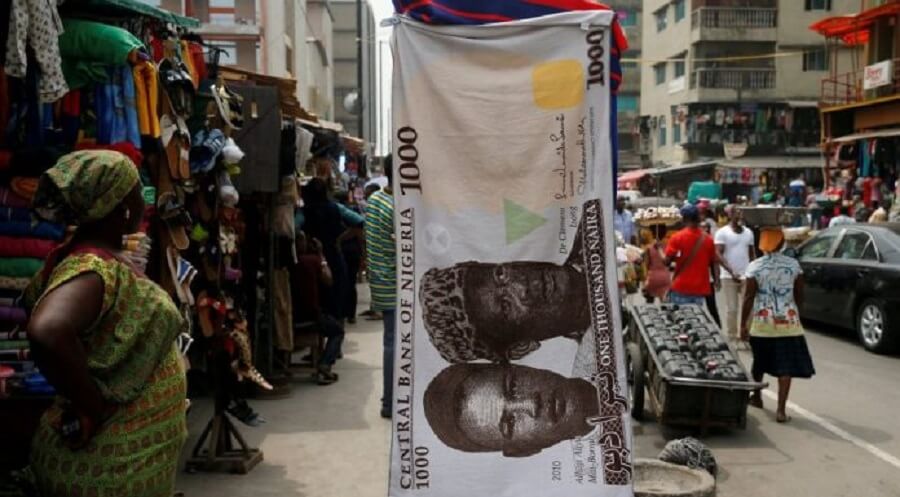Naira Suffers At Official Window, Gains At Black Market After Osinbajo’s Attack On CBN
The Naira has gained momentum at the unofficial rate controlled by Bureau de Change operators, according to figures gathered from operators in Abuja.
But at the Investors & Exporters Foreign Exchange Window, the naira has continued to crash to N415.10 per dollar, down from the N413.50 recorded on Tuesday.
Advertisement
At the unofficial market, the Naira is trading at N571 per dollar, an improvement from the N575 traded earlier this month.
The development has been linked to the controversies surrounding the of the Vice President, Yemi Osinbajo, on Monday during the Mid-term Ministerial Review where he disagreed with the Central Bank of Nigeria’s forex policy.
Osinbajo said on Monday, ” As for the exchange rate, we have to move our rates to a more reflective market as possible in my own respective view is the only way to improve supply.
“We can’t get new dollars in the system where the exchange rate is artificially low and everyone knows how much our reserves can grow.
Advertisement
“So, I am convinced that the demand management strategy currently being adopted by the CBN needs [a] rethink and that’s just my view about that. But anyway, all those are issues I am sure that when the CBN has time to address, it will be able to address in full.”
Nigeria’s apex bank Governor, Godwin Emefiele, had recently adopted several foreign exchange policies to save the market which experts predict may hit N600 [black market] by the end of 2021.
Due to pressures of multilateral lenders like the International Monetary Fund and the World Bank to harmonise the country’s three rates, the apex bank devalued the naira from N379 to N410, a rate close to the I & E Windows.
The lender also refused to recognise black market operators as they suspended their weekly dollar intervention to them on the grounds of rent seeking.
President of the Association of Capital Market Academics of Nigeria, Prof Uche Uwaleke, had called for caution given the fragilities, structural imbalances and vulnerabilities in the Nigerian economy which are yet to be addressed.
Advertisement
Uwaleke said, “Weakening the naira at this time will have grave consequences for the 2022 budget proposal and by extension the capital market.”



